Community Membership
Tap into a lifelong national network of 600+ Knowles Fellows. From in-person meetings to virtual connections; support is always available.
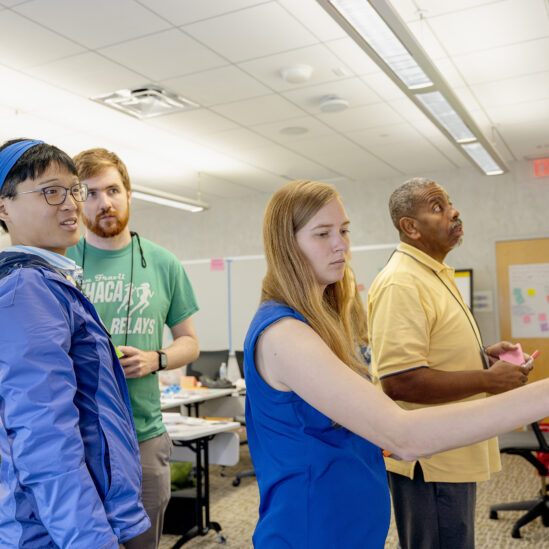
The Knowles Academy offers state-of-the-art professional development experiences for teachers. All Academy courses are designed and facilitated by experienced teachers who understand the complexities of teaching in today’s world. We offer both in-person and online courses and 90-minute online workshops for all teachers.
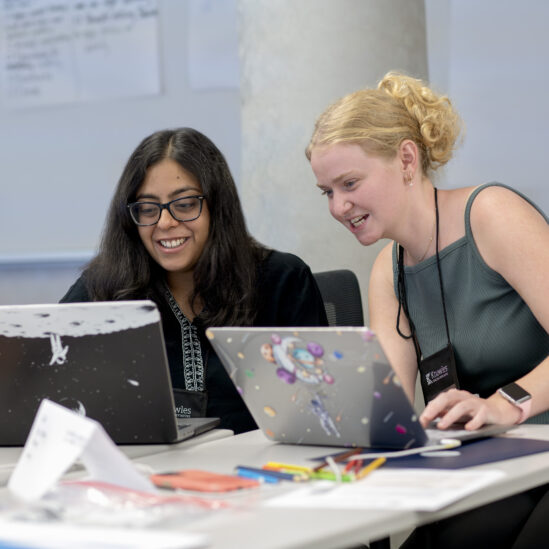
We understand the ever-evolving landscape of education. Our professional learning services are designed to be flexible and responsive, ensuring they can be tailed to meet the needs of schools and districts. Our services engage participants and serve as a model for best teaching practices.
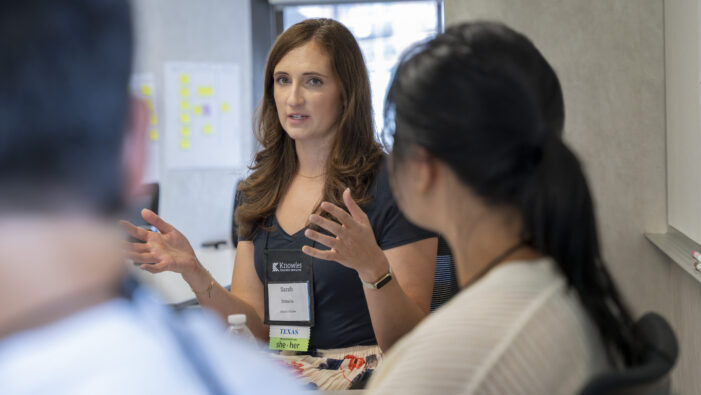
How can students learn to integrate their content knowledge with effective communication skills to solve meaningful and complex problems in a collaborative setting? In this workshop, teachers will learn strategies and principles for establishing a classroom culture of effective and meaningful student collaboration through the clear and intentional setting of actionable norms—working persistently, communicating productively, and taking risks. Leave this workshop with strategies that leverage the use of the actionable norms to encourage more students to effectively participate in groupwork activities.
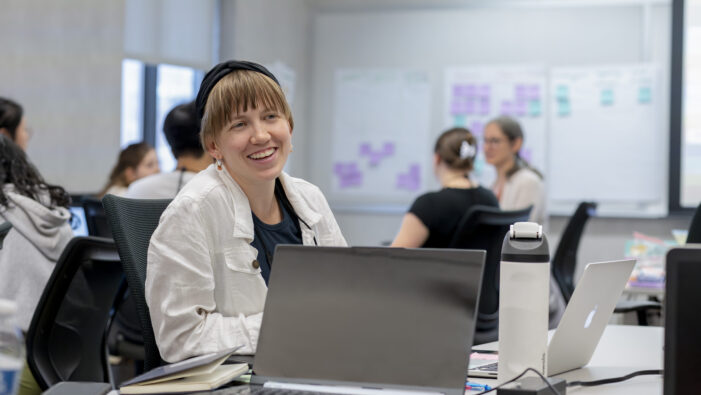
Discover how AI can enhance your teaching practice. In this workshop, you’ll explore practical applications of AI tools that can support both classroom instruction and behind-the-scenes tasks like lesson planning. We’ll provide hands-on opportunities to engage with AI and consider how it can be adapted to your specific teaching context. Whether you’re just starting out or looking to deepen your AI literacy, you’ll leave equipped with tools and strategies to confidently incorporate AI into your teaching.
A $25 registration fee is required to secure your spot. As a token of our appreciation for your commitment to your students and advancing math and science education, attendees who complete at least 5 out of the 6 sessions and complete a brief feedback survey will receive a $50 gift card. Time is allotted at the end of the final session to complete the feedback survey.
Wednesdays, April 15 – May 20, 2026
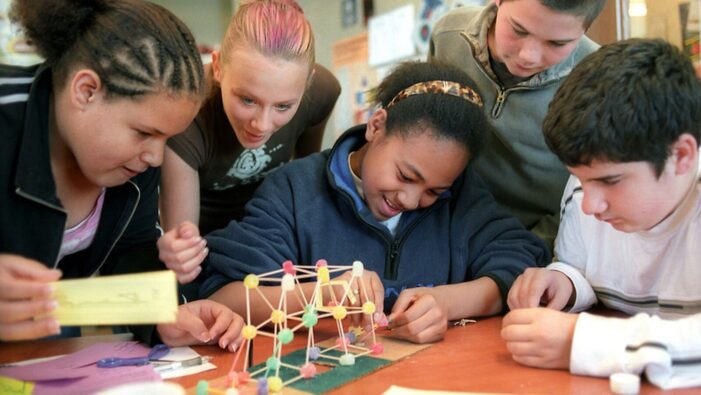
How can we integrate engineering into math and science classes to help students develop a more meaningful understanding of real-world issues? We’ll use a Four-Level Empowered Engineering framework to explore how engineering integration in science and math offers students a range of opportunities for learning, engagement in community issues, and agency for solving problems in their world. Teachers will identify entry points in their curriculum to integrate engineering and social justice.
Status imbalances in student groups can affect participation and learning, with higher-status students often dominating discussions. By recognizing and addressing these imbalances, teachers can create a more inclusive classroom, encouraging all students to engage, share their reasoning, and take academic risks.
In the third and fourth years of the Knowles Fellowship, teachers focus on understanding and improving learning opportunities by recognizing and addressing societal impacts on education. Through sharing personal stories and fostering inclusivity, they enhance student engagement and create equitable classrooms.
Knowles Staff, Joyce Lin and Ayanna Perry, share their experiences in co-creating norms can be challenging and problematic because it typically generates norms consistent with dominant perspectives and cultures. They advocate that norms should be given to (rather than created by) a newly formed community to elevate the different needs, goals, and perspectives of all team members.